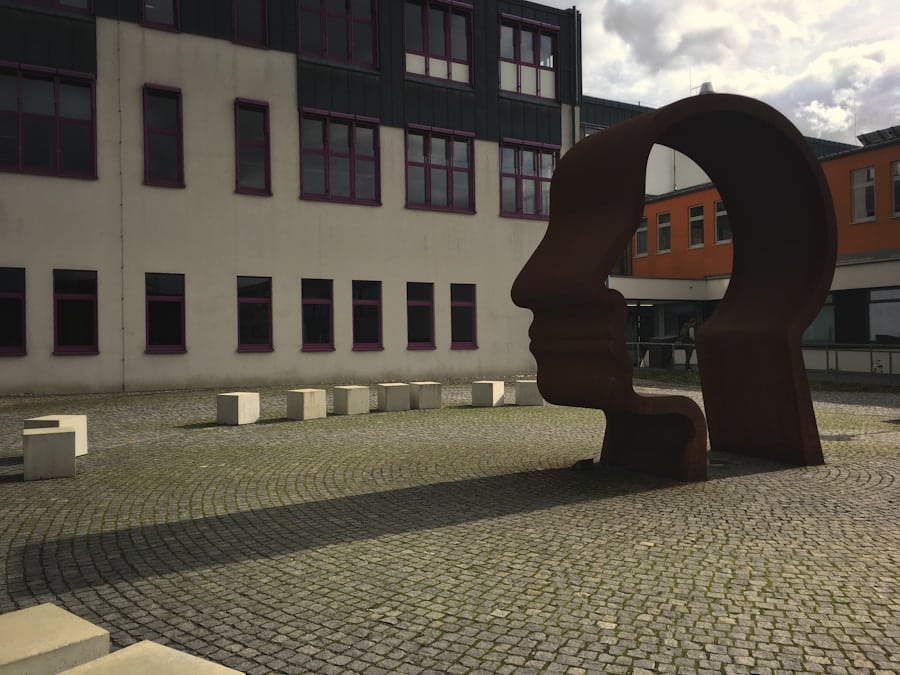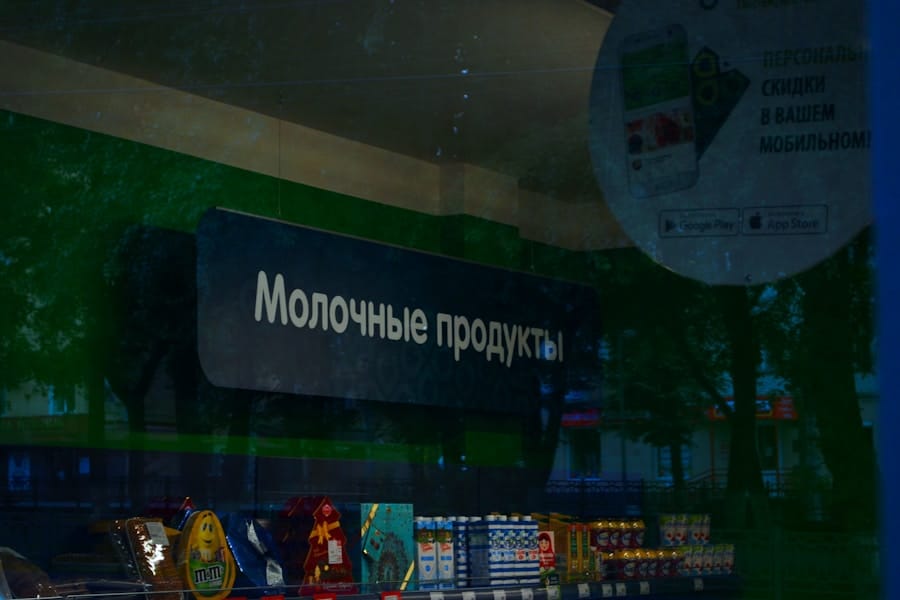The concept of the Metaverse has evolved from a niche idea in science fiction to a burgeoning reality that is reshaping various aspects of our lives, including education, social interaction, and entertainment. Defined as a collective virtual shared space, the Metaverse encompasses augmented reality (AR), virtual reality (VR), and the internet, creating an immersive environment where users can interact with each other and digital objects in real-time. This digital universe is not merely a 3D extension of the internet; it is a fully realized ecosystem where individuals can create, explore, and engage in a multitude of activities.
The Metaverse is characterized by its persistent nature, meaning that it continues to exist and evolve even when users log off, making it a dynamic space for ongoing interaction and development. As technology advances, the Metaverse is becoming increasingly accessible to a broader audience. With the proliferation of VR headsets, AR applications, and high-speed internet, users can now enter these virtual realms from the comfort of their homes.
This accessibility has opened up new avenues for various sectors, including education. Language learning, in particular, stands to benefit significantly from the immersive and interactive nature of the Metaverse. By leveraging this digital landscape, educators and learners can engage in more effective and enjoyable language acquisition experiences that transcend traditional classroom boundaries.
Key Takeaways
- The Metaverse is a virtual reality space where users can interact with a computer-generated environment and other users.
- The Metaverse offers a unique platform for language learning, allowing users to immerse themselves in a virtual environment and practice real-life language skills.
- Immersive language learning in the Metaverse provides a dynamic and interactive experience, enabling users to engage with native speakers and cultural contexts.
- Connecting with language learners in the Metaverse allows for global collaboration and communication, breaking down geographical barriers in language learning.
- Cultural immersion in the Metaverse offers a rich and diverse experience, allowing users to explore different cultures and customs while learning a new language.
The Metaverse as a Language Learning Platform
The Metaverse presents a unique platform for language learning that goes beyond conventional methods. Traditional language education often relies on textbooks, audio recordings, and classroom interactions that can sometimes feel disconnected from real-world applications.
For instance, students can participate in virtual marketplaces where they must negotiate prices in a foreign language or engage in role-playing exercises that simulate real-life conversations. This contextual learning approach enhances retention and comprehension by allowing learners to apply their skills in practical situations. Moreover, the Metaverse facilitates personalized learning experiences tailored to individual needs and preferences.
Language learners can choose their avatars, customize their learning environments, and select specific scenarios that align with their interests. This level of personalization fosters motivation and engagement, as learners are more likely to invest time and effort into activities that resonate with them. Additionally, the ability to access a diverse range of resources—such as interactive games, virtual classrooms, and cultural simulations—enables learners to explore different aspects of language and culture at their own pace.
Immersive Language Learning in the Metaverse

Immersive language learning in the Metaverse takes advantage of cutting-edge technologies to create engaging educational experiences. Virtual reality environments can simulate real-world settings where learners can practice their language skills without the fear of judgment or embarrassment that often accompanies speaking in a foreign language. For example, a learner might find themselves in a bustling café in Paris, ordering coffee and pastries while conversing with virtual characters programmed to respond in French.
This immersive experience not only builds confidence but also helps learners develop their listening and speaking skills in a naturalistic context. Furthermore, immersive language learning can incorporate gamification elements that enhance motivation and retention. By integrating game mechanics such as points, levels, and rewards into language learning activities, educators can create a more engaging experience that encourages learners to practice regularly.
For instance, learners might earn points for completing language challenges or unlock new levels by successfully navigating conversations with virtual characters. This gamified approach not only makes learning more enjoyable but also fosters a sense of achievement as learners progress through various challenges.
Connecting with Language Learners in the Metaverse
One of the most significant advantages of the Metaverse is its ability to connect language learners from around the globe. In traditional language classes, students are often limited to interacting with their peers and instructors within a physical classroom setting. However, the Metaverse breaks down geographical barriers, allowing individuals from diverse backgrounds to come together in shared virtual spaces.
This global connectivity enriches the language learning experience by exposing learners to different accents, dialects, and cultural nuances. In these virtual environments, learners can engage in conversation practice with native speakers or fellow language enthusiasts through structured activities or informal meetups. For example, platforms like VRChat or AltspaceVR host language exchange events where participants can practice speaking with others while enjoying social interactions in a relaxed atmosphere.
These connections not only enhance language skills but also foster friendships and cultural exchanges that deepen understanding and appreciation for different cultures.
Cultural Immersion in the Metaverse
Cultural immersion is an essential component of effective language learning, as it allows learners to understand the context in which a language is spoken. The Metaverse provides unparalleled opportunities for cultural exploration through virtual experiences that replicate real-world environments. Learners can visit virtual museums showcasing art from different cultures, attend live performances of traditional music or dance, or participate in festivals celebrated around the world—all while practicing their target language.
For instance, a learner studying Spanish might explore a virtual recreation of Barcelona’s famous La Rambla street, interacting with local vendors and engaging in conversations about regional cuisine or history. Such experiences not only enhance vocabulary acquisition but also provide insights into cultural practices and social norms that are integral to effective communication. By immersing themselves in these rich cultural contexts, learners develop a more nuanced understanding of the language they are studying.
Language Learning Opportunities in Virtual Reality

Realistic Language Practice
For example, they might find themselves navigating an airport scenario where they must check in for a flight, ask for directions, or communicate with airline staff—all while using their target language. This hands-on approach allows learners to practice their skills in realistic contexts, reinforcing their ability to communicate effectively when faced with similar situations in real life.
Collaborative Learning Experiences
Additionally, VR technology can facilitate collaborative learning experiences where multiple users interact within the same virtual space. Language learners can work together on projects or participate in group discussions while practicing their target language.
Enhanced Communication Skills
This collaborative aspect not only enhances speaking skills but also encourages teamwork and problem-solving abilities—essential skills for effective communication in any language.
The Role of Artificial Intelligence in Language Learning in the Metaverse
Artificial intelligence (AI) plays a pivotal role in enhancing language learning experiences within the Metaverse. AI-driven applications can provide personalized feedback on pronunciation, grammar usage, and vocabulary choice during conversations or exercises. For instance, an AI-powered virtual tutor could analyze a learner’s speech patterns and offer real-time corrections or suggestions for improvement.
This immediate feedback loop allows learners to refine their skills more effectively than traditional methods that may lack such responsiveness. Moreover, AI can facilitate adaptive learning pathways tailored to individual progress and preferences. By analyzing data on a learner’s performance over time, AI algorithms can recommend specific activities or resources that align with their strengths and weaknesses.
This level of customization ensures that learners remain engaged and challenged without feeling overwhelmed or bored by content that does not meet their needs.
Challenges and Future Prospects for Language Learning in the Metaverse
Despite its numerous advantages, language learning in the Metaverse is not without challenges. One significant hurdle is ensuring equitable access to technology among learners from diverse backgrounds. While VR headsets and high-speed internet are becoming more common, disparities still exist that may limit some individuals’ ability to participate fully in these immersive experiences.
Addressing these accessibility issues will be crucial for maximizing the potential of the Metaverse as a language learning platform. Another challenge lies in maintaining engagement over time. While immersive experiences can be captivating initially, sustaining motivation requires ongoing innovation and variety in content delivery.
Educators must continually adapt their approaches to keep learners interested and invested in their language studies within these virtual environments. Looking ahead, the future prospects for language learning in the Metaverse are promising. As technology continues to advance and become more integrated into educational practices, we can expect even more innovative solutions that enhance language acquisition experiences.
The potential for collaboration between educators, technologists, and linguists will likely lead to new methodologies that harness the full power of the Metaverse for effective language learning. In conclusion, while challenges remain on the horizon, the Metaverse offers an exciting frontier for language education that has the potential to transform how we learn languages—making it more engaging, immersive, and culturally rich than ever before.
In a recent article on ENICOMP, they discuss “The Ultimate Collection of 2023’s Best Notion Templates for Students” which could be a valuable resource for those looking to enhance their language learning experience in the metaverse. By utilizing these templates, students can organize their study materials, track their progress, and collaborate with others in virtual language learning environments. This article provides practical tools that can complement the role of the metaverse in promoting global language learning. To learn more, check out the article here.
FAQs
What is the Metaverse?
The Metaverse is a collective virtual shared space, created by the convergence of virtually enhanced physical reality and physically persistent virtual reality.
How does the Metaverse promote global language learning?
The Metaverse promotes global language learning by providing immersive and interactive environments where users can engage with native speakers of different languages, practice their language skills, and learn about different cultures.
What are some examples of language learning opportunities in the Metaverse?
Some examples of language learning opportunities in the Metaverse include virtual language exchange events, language learning games and simulations, virtual language schools and classes, and immersive cultural experiences.
What are the benefits of using the Metaverse for language learning?
The benefits of using the Metaverse for language learning include increased engagement and motivation, access to authentic language and cultural experiences, opportunities for real-time practice and feedback, and the ability to connect with language learners and speakers from around the world.
Are there any potential challenges or limitations to using the Metaverse for language learning?
Some potential challenges or limitations to using the Metaverse for language learning include technological barriers, concerns about privacy and security, and the need for digital literacy and access to reliable internet connections.

